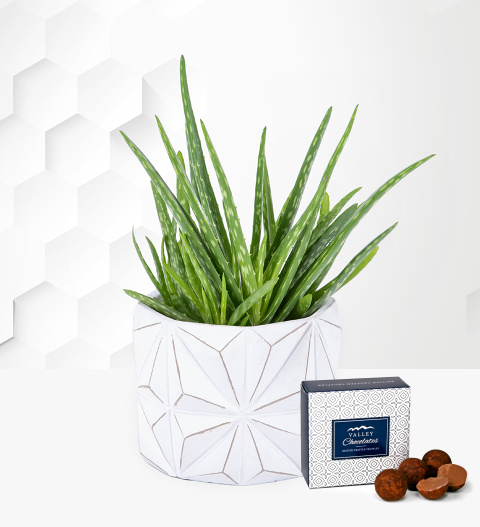
Overwatering plants – the warning signs
Not all potted plants are the same and they require different care depending on the season too. Sometimes, we can get a bit too enthusiastic when it comes to watering. Overwatering plants can result in a number of problems. Here are some of the most common signs that your plant is receiving too much water.
Wilting yet wet
If the soil is wet but the plant is wilting, it can indicate too much water. The best thing to do is to remove the plant from the soggy soil and repot it in fresh, dry soil. Allow it to recover for several days before watering lightly again. Overwatering plants can be avoided by checking the soil before each watering. If it is still moist, wait a couple of days. If it is dry, go ahead and water.
Leaves turning brown
If the leaves are becoming brown and starting to wilt, you could be overwatering. Many gardeners see brown leaves and rush to water the plant. This makes the problem even worse. Brown leaves that are also dry can indicate underwatering. Where as moist yet brown leaves are a sign of overwatering plants.
Edema
Another sign of overwatering plants is edema. This is when the plant absorbs more water than is needed and the cells expand. In many cases, it can fill up to the point of rupturing. Look for signs of cells that have burst such as lesions or blisters. Lesions turn dark or white like scar tissue. You may also notice indentations on the top of the leaves.
Yellow leaves falling
If the leaves on your plant are turning yellow and they are falling from the plant, this could be due to too much water. If the leaves that are falling are mature, it might not be the case. However, if young leaves are becoming yellow and dropping, check the soil to see just how wet it is.
Rotting roots
This is a sign that you may not see right away because the roots are anchored in the soil. You can inspect the upper parts of the root for decay. If they are slimy or grey in colour, this is a clear sign of root rot. Unfortunately, there is no saving this plant. If the plant shares a home with other plants in a flower bed or larger pot, make sure that you remove it so that the disease does not spread. Discard the plant appropriately.
These are just a few signs of overwatering plants. The easiest solution is to make sure that you always check the soil before each watering.
